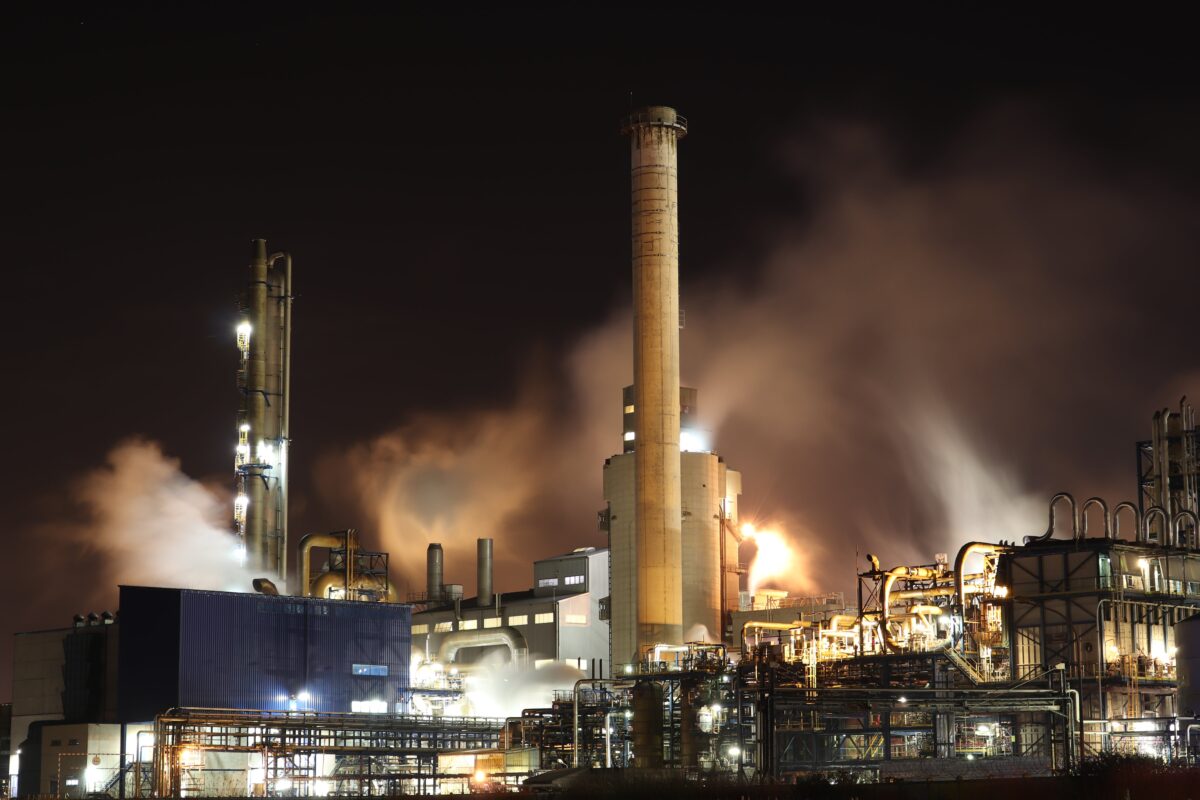`)
}
});
} else {
$(‘.blur’).css({
‘background’: ‘linear-gradient(95deg, #4e4e4e 25%, #000 45%, #bbb 75%, #FFFFFF 100%) 98%/200% 100%’,
‘text-transform’: ‘inherit’,
‘-webkit-background-clip’: ‘text’,
‘background-clip’: ‘text’,
‘-webkit-text-fill-color’: ‘transparent’
})
$(“.wpb_content_element”).append(`
Want to read more?
Click on the button below to access all premium content
articles by purchasing one of our educational packages
GET PREMIUM
`)
}
});
Eastern Mediterranean, Energy Supply- Part Two – Renewables
In part one of this article the potential of the region to act as a major (gas) energy supplier was investigated. Whilst the area’s rich gas reserves remain an important part of the area’s energy strategy, climate change is forcing a move away from fossil fuels and towards renewables.
In recent years the Eastern Mediterranean has been investing heavily in renewable energy sources to meet its growing energy demands and the potential of supplying green energy to Europe. The adoption of renewable energy is also being driven by factors such as the need to diversify energy sources, reduce carbon emissions, the declining cost of renewable technologies, and increasing energy security. This article explores the Eastern Mediterranean’s energy landscape, the shift towards renewable energy, challenges faced, successful renewable energy projects, economic and environmental benefits, prospects, and collaboration in the renewable energy sector.
The Eastern Mediterranean region comprises countries such as Cyprus, Egypt, Greece, Israel, Jordan, Lebanon, Syria, and Turkey. These countries have a combined population of over 250 million people, and the energy demand is expected to grow by






























